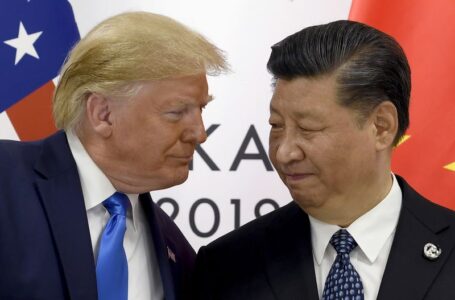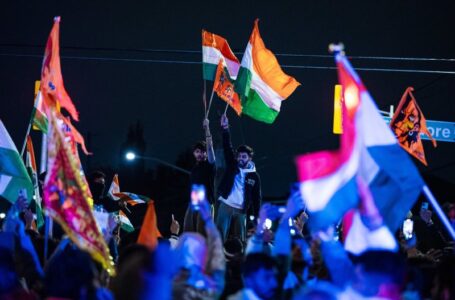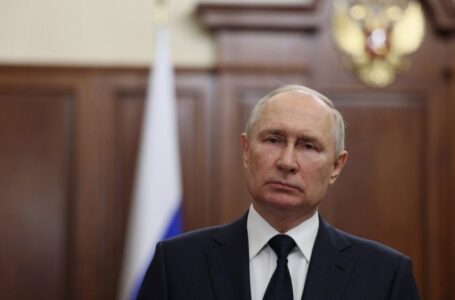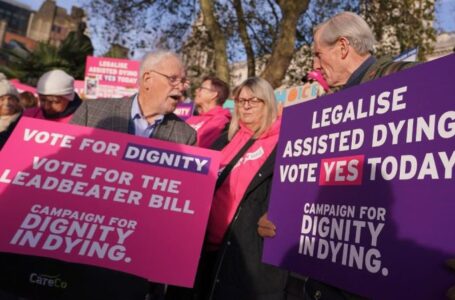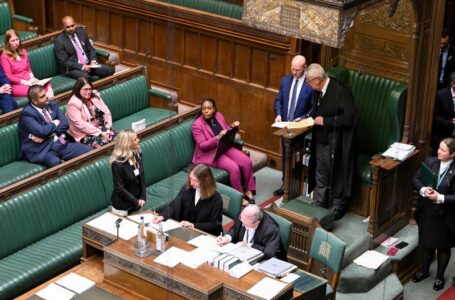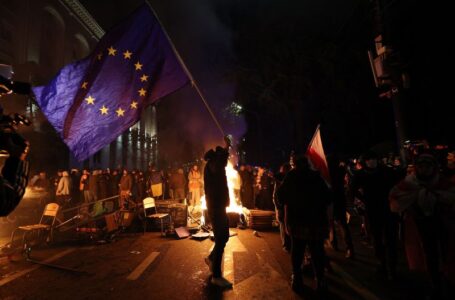Explosion damages canal feeding Kosovo power plants; PM alleges Serbian ‘terrorist attack’
Ryan Routh’s support for Ukraine is a propaganda win for Moscow, at a very tricky time for Kyiv
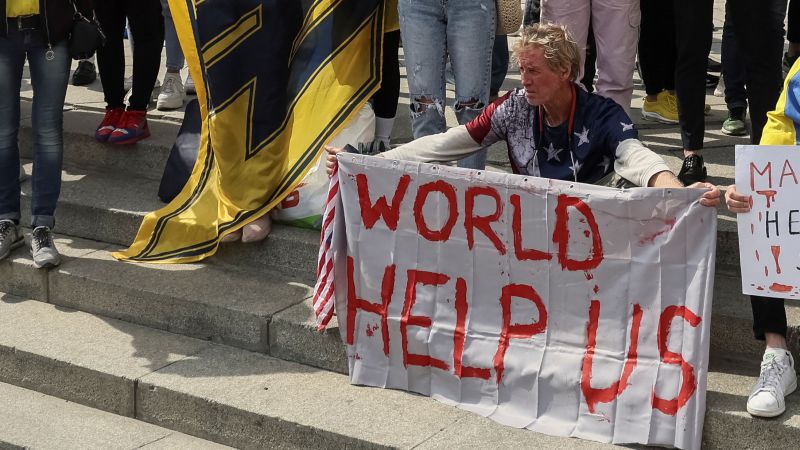

It is exactly the kind of attention Ukraine did not need. Since the start of clashes with Russia over its future in 2003, Ukraine has carefully avoided the sort of political violence Ryan Wesley Routh is accused of.
Yet now, at arguably the most crucial point of the conflict, Routh’s vocal support for Kyiv has somehow been seized upon by Russian echo chambers after he was detained Sunday in connection with an apparent assassination attempt on former US President Donald Trump.
Someone like Routh was quite easy to meet in Ukraine in the opening months of Russia’s full-scale war in 2022. Border crossings and railway stations were often haunted by whispering, unshaven expatriates of questionable military provenance, trying to conjure the idea that the very real and painful struggle of Ukraine was something they had a pivotal role in. As the conflict has dragged on, the fantasists have faded, and the resumes of dozens of Western volunteers been vetted, or become less relevant as their alleged experience has been tested in combat. The most brutal fighting Europe has seen since the 1940s, the Ukrainian front line has never been less of a place for amateur thrill-seekers.
Yet Routh tried his best to associate himself with the fight against Russia, expressing support for Ukraine in dozens of X posts that year, saying he was willing to die in the fight and that “we need to burn the Kremlin to the ground.”
Kyiv has enough on its plate now, other than explaining how little it had to do with the author of “Ukraine’s Unwinnable War: The Fatal Flaw of Democracy, World Abandonment and the Global Citizen – Taiwan, Afghanistan, North Korea and the end of Humanity.” This – Routh’s title for his self-published book – does not demand its author’s ideas are taken too seriously.
But already, Moscow’s prolific echo chambers have begun to fashion a narrative in which US support for Ukraine is somehow extremist. Kremlin spokesman Dmitri Peskov, asked what he thought about the assassination bid, said, according to Reuters: “It is not us who should be thinking, it is the US intelligence services who should be thinking. In any case, playing with fire has its consequences.”
RT.com, a Kremlin-run English news outlet, also highlighted Routh’s interest in Ukraine, writing that “Republican Congresswoman Marjorie Taylor Greene stated that if the suspect’s identity is confirmed, it is clear he is ‘obsessed with the Ukraine war, which is funded by the US.’”
Do not expect any majorly new or intelligent arguments to surface about the war in Ukraine in the weeks ahead. But instead, anticipate a slow drip of some new voices, and some of the usual, suggesting the war in Ukraine cannot be won, that Putin must be given a chance to negotiate a deal (even one that lets him keep the chunk of Ukraine he has stolen), and that there is an unhealthy infection of extremists in the ranks of those who feel they must – as Routh once said – “fight and die” for Ukraine.
None of this helps Ukrainians who genuinely must fight and die to protect their homes and families. It particularly hampers Ukraine’s president, Volodymyr Zelensky, days before he is set to present a victory plan to the Biden administration. The clamor of support for Ukraine to receive US permission to fire longer-range US-supplied missiles at targets deeper inside Russian territory had been growing. It seemed likely last week that President Joe Biden would follow the course he’s taken when past decisions on arming Ukraine were presented to him, and consent – albeit very, very late – after public pressure from allies.
But now Zelensky’s press appearances may be dogged by questions about Routh, however absurdly distant from Kyiv’s agenda his apparent attack on a Florida golf course was. It will feed into the ultimate paranoia of US isolationists: that actions overseas which appear to benefit America’s global interests carry with them the risk of fomenting violence back home.
Routh’s political leanings and worldview were far from consistent, if not delusional. But in the breathy forum of random gibberish that is social media, they contribute to a narrative, for those who seek it, of support for Ukraine causing chaos in America. That the United States should just stay out of Putin’s war.
None of it connects with the savage reality Ukrainians face every night, shaken awake by Russian missiles, or losing loved ones to the ghastly attrition of the front lines.
Washington’s support for Kyiv is weighty and consequential when it lumbers into play, yet horrifyingly fragile when subjected to US electoral politics and the Republican party’s fickle grip on geopolitics. The sudden insertion of a wayward extremist like Routh is a loud, confusing wild card, at a time when support for Ukraine urgently needed a calm and balanced voice.


